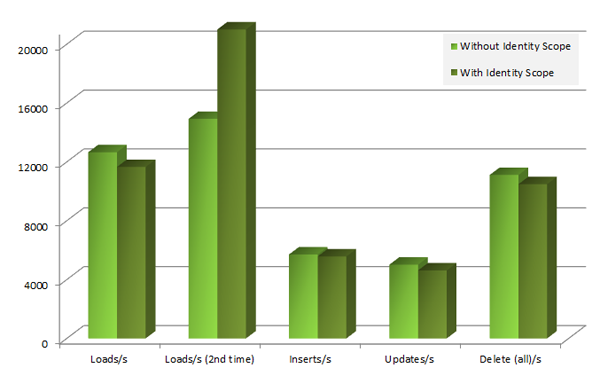As of now, we didn’t accept any code contribution (pull requests) from the community. This is going to change in the near future. As a first step, we have released the greenrobot Contributor Agreement today. If you plan to make contributions you need to print, fill out, and sign the agreement. We need you to send a scanned copy of the agreement to: opensource (at) greenrobot (dot) de.
In the upcoming weeks, we’ll start to have a look at pull requests from those of you who have signed the agreement. Please allow us some time, because we’re in the middle of two projects (apps using greenDAO, of course…).
Thank you for your patience. We want to make your contribution valuable for the growing greenDAO community. We think this can be an important step to increase the speed with which greenDAO evolves.
Lastly, we collected some hints for your successful contribution:
- Try to imitate the already existing code style and structure (we plan to have automatic Checkstyle checks in the future)
- Your code should be clean and concise (write simple code, especially for complex tasks)
- Use static analysis tools like FindBugs
- Every feature should be covered by unit tests
So again, thank you for commitment to open source. Let’s improve greenDAO together.


